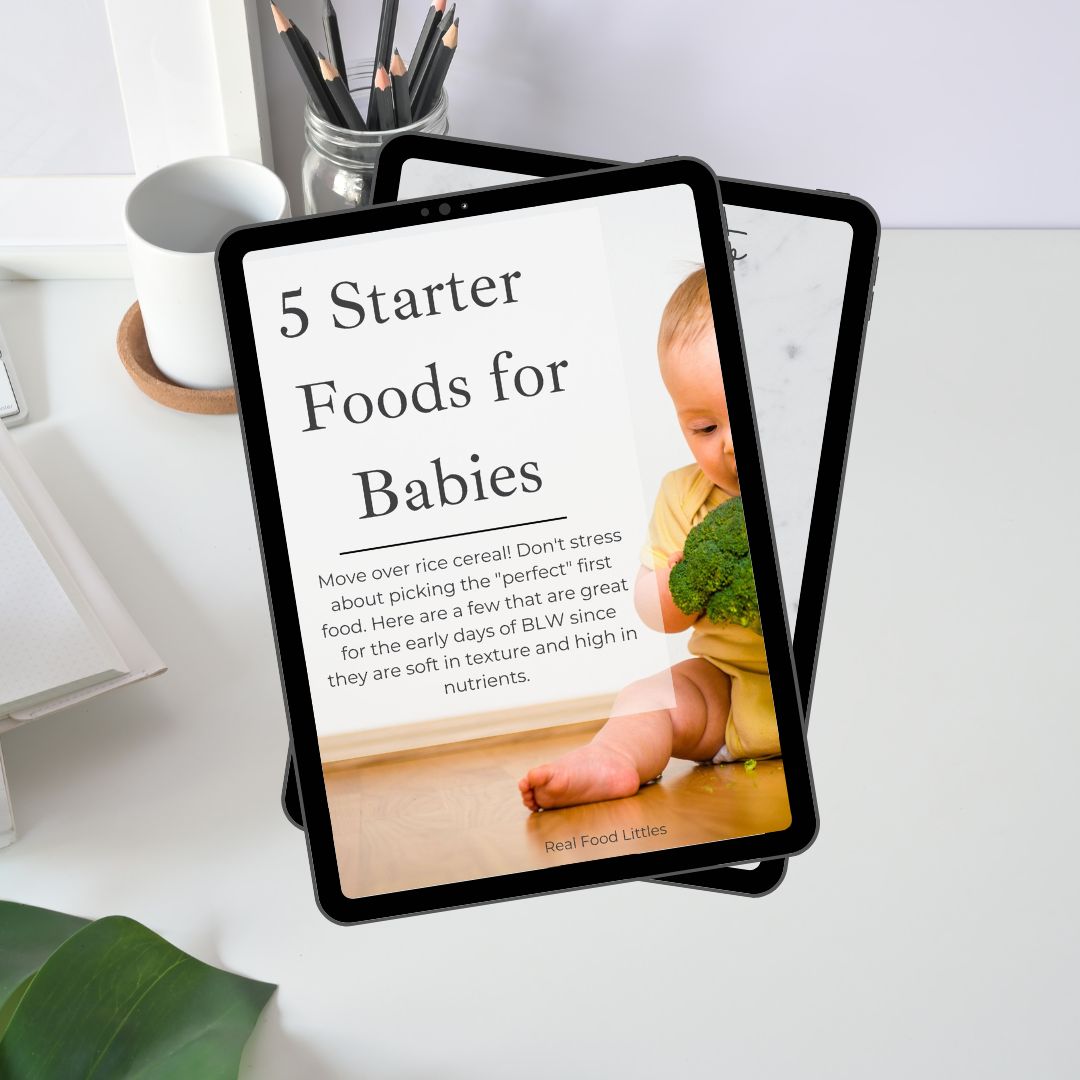A recent question asked by a mama about the digestion/inflammation perils of nut butter prompted me to think about how easy it is to get down a nutrition rabbit hole with specific groups of foods. The unfortunate and unavoidable reality is that there are drawbacks to every food – mercury in fish, arsenic in rice, oxalates in spinach, hormones in dairy – the list goes on and on.
The other reality is that nutrition is notoriously difficult to study in a meaningful way, because the vast majority of nutrition studies are based on recall self-reported recall surveys. Can you remember with any kind of accuracy how servings of vegetables you had per week for the past year? Probably not. Also, correlation and causation is hugely problematic and we see this in many of the studies on red meat, where many red meat eaters also engage in unhealthy behaviors like drinking and smoking, showing a personality trait of blowing off health advice through decades of public officials telling us it’s the #1 culprit for heart disease. Is it the meat, or the cigarettes?
Frightening media headlines can lead parents to blindly eliminate whole groups of food from their diet, or their baby’s diet. But here’s the problem with that. Whenever we take a food group away, we have to replace those calories with calories from other foods. It becomes very easy for a little one to overeat from other food groups if their diet is very restricted due to parental concern. No food in excess is positive, not even healthy ones. Lastly, withholding foods that are known allergens (eggs, nuts, peanuts etc) can actually increase the risk of a food allergy down the road.
The major, obvious exceptions to this are food allergies that have been diagnosed by an allergist, or later on Celiac disease or other medical situations. There are also documented cases where removal of a food group (such as diary) can help things like severe eczema. But, any time you’re considering removing a food group outside of a diagnosed food allergy – do so thoughtfully and only out of necessity, and if there isn’t a change in a few weeks, introduce the food back in.
There is also a mental aspect to this, and we have to recognize how children look to us for how to have a healthy relationship with food. I say this as someone who struggled with aspects of under-eating and orthorexia (an excessive preoccupation with healthy or “clean” food) in the past to the point of never eating out with friends and viewing almost all foods I didn’t prepare myself as detrimental for my health. Trust me – this is not a good place to be. We want children to view food as safe, nourishing, and something to be enjoyed. This will have a MUCH greater impact on their long term health and happiness than obsessing over whether a certain food causes XYZ.
Restricted diets are really trendy right now and there is a trickle down to feeding children. The problem is that a diet that focuses on getting the basics right consistently is not sexy. It doesn’t sell books, group programs etc. A diet that is balanced in macronutrients (fat, protein and carbohydrate) and rich in variety (in order to get the micronutrients needed) with foods our grandmothers would recognize as food, is the time tested way to raise a well-nourished child and family. Give yourself permission to seek balance and variety with food for your baby, your family and yourself. Everyone will be better off for it and it will be a tremendous load off your shoulders.
If you want to set an incredible foundation for your baby with solid food, my self-paced online course The Real Food Baby has everything you need to raise an adventurous eater through baby-led weaning. If you’re wondering where you start, I have a free workshop that is a great overview of what to do/avoid with solids!




